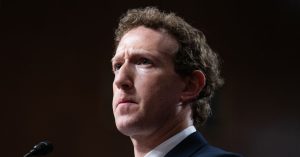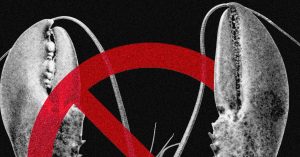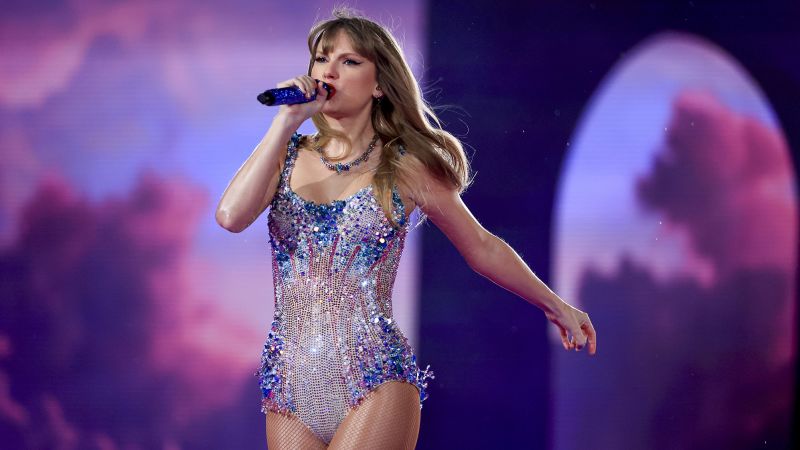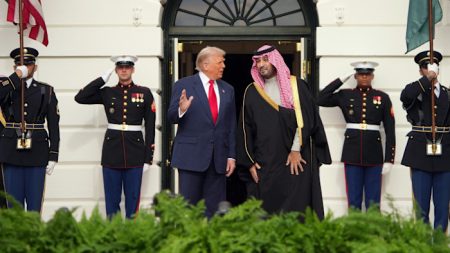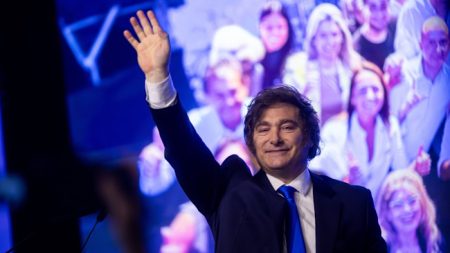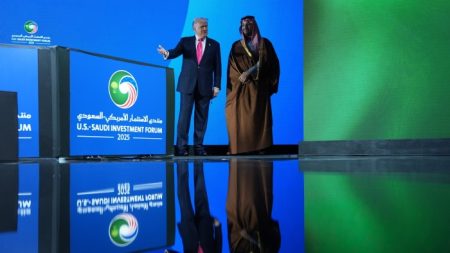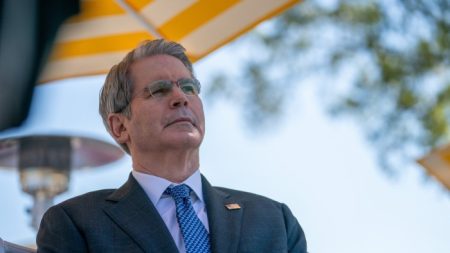Universal Music Group has pulled its music off TikTok, preventing more than 1 billion users of the platform from streaming a vast catalog of songs by Taylor Swift, Ariana Grande, Rihanna and other artists.
Universal said in a statement that it had decided not to renew its licensing agreement with TikTok, which expires Wednesday, because it could not secure “appropriate compensation” for its artists and songwriters. TikTok allows its users to add music to their videos.
TikTok, owned by Chinese tech company ByteDance, had proposed paying a “fraction” of the rate that similarly-sized social media platforms pay, Universal said.
Like other music companies, Netherlands-based Universal charges royalty fees when its songs are played on social media platforms. It also owns music by Lady Gaga, Justin Bieber, Billie Eilish, J Balvin and Amy Winehouse.
TikTok responded by saying Universal was pushing “false narrative and rhetoric” and accused the company of putting “their own greed above the interests of their artists and songwriters.”
“They have chosen to walk away from the powerful support of a platform with well over a billion users that serves as a free promotional and discovery vehicle for their talent,” TikTok said in a statement.
For its part, Universal accused TikTok of “trying to build a music-based business, without paying fair value for the music.”
“As an indication of how little TikTok compensates artists and songwriters, despite its massive and growing user base, rapidly rising advertising revenue and increasing reliance on music-based content, TikTok accounts for only about 1% of our total revenue,” the music giant said.
Universal also said it had been pressing TikTok to better protect musicians from “the harmful effects” of artificial intelligence and to ensure online safety for TikTok’s users.
TikTok is allowing its platform to be “flooded” with AI-generated music, and provides users with tools to create their own AI-generated recordings, Universal said.
When pressed on these issues, TikTok has responded with “indifference, and then with intimidation”, according to Universal, by removing some of its up-and-coming artists from the platform, while keeping the music of global stars.
In its response, TikTok said it had reached “artist-first” agreements with “every other label and publisher.”
Elizabeth Wagmeister contributed to this article.
Read the full article here

